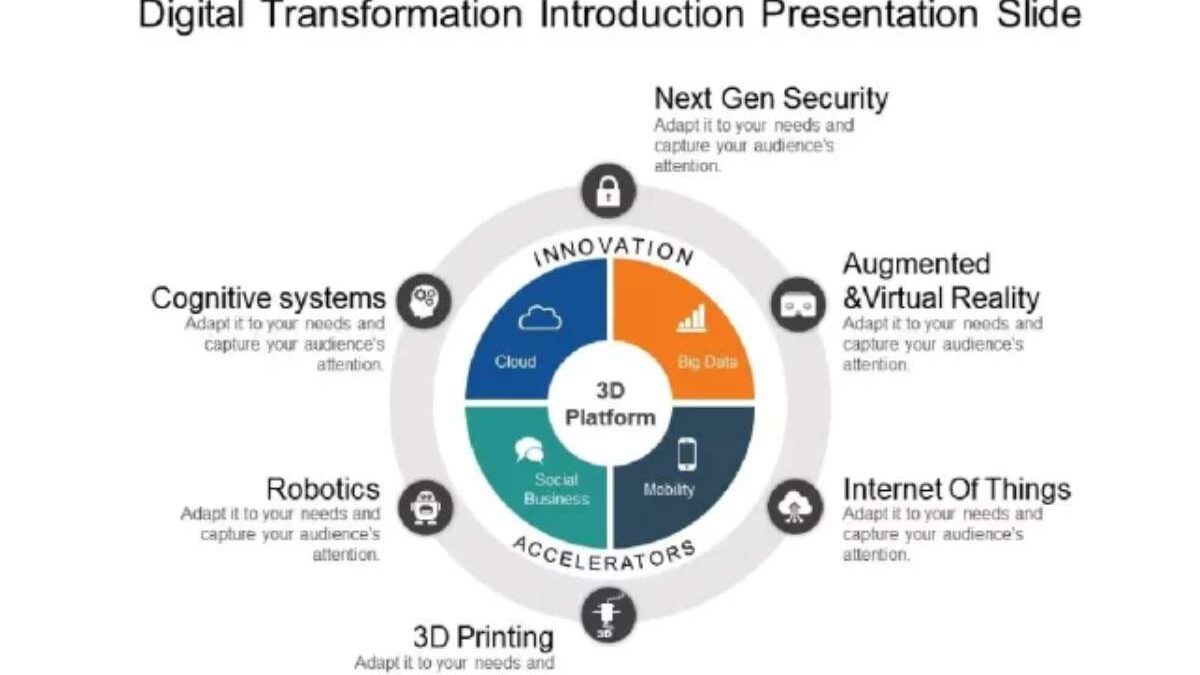Table of Contents
Introduction
According to Deloitte, “the whole digital transformation is about becoming a digital enterprise – an organization that uses technology to continuously develop all aspects of its business models (what it offers, how it interacts with customers and how it works).”
As technology evolves, your business must evolve as well. in this article. We’ll cover everything from the meaning of digital transformation of organizations to real-life examples and studies of cases to learn from. This range of resources can help you and your Company adapt to technological developments and ultimately change how you do business.
Digital Transformation Overview
“Digital transformation can point to anything from its modernization (e.g., cloud computing), to digital improvement, to the invention of innovative digital business models.”
So, what is the digital transformation of organizations? It’s a process of analyzing customer needs and leveraging technology to improve the end-user experience. End-users can be customers or employees, and many organizations need to consider both views.
Digital transformation is about developing your business with a new technology experience and rethinking your current approach to common issues. Because it has evolved, the modification does not necessarily have a clear endpoint.
MIT Sloan Management Review, a publication focusing on how management is transformed in the digital age, says, “It’s great to think of digital modification as a constant adaptation to an ever-changing environment.”
It means constantly looking for ways to improve the end-user experience for organizations. For example, it can be by providing training, relaying data to cloud services, leveraging artificial intelligence, and more.
Different Types Of Digital Transformation
MIT Sloan Management Review highlights three critical areas of enterprise digital transformation:
Customer Experience: Work to understand customers in more detail, use technology to enhance growth, and create more customer contact points.
Operational Operations: Improve internal processes within the organization by leveraging digitization and automation, enabling employees to use digital tools. And also, collect data to monitor performance and make more strategic decisions.
Business Models: Transform the business from replacing traditional physical offerings with digital tools and services, delivering digital products. And using technology to provide services that go beyond the geographical boundaries imposed by conventional methods.
Why is Digital Transformation Necessary?
Each digital transformation initiative will have its objectives, but the primary purpose of any digital transformation is to improve your current operations. Digital modification is significant because companies must evolve to remain competitive in their industry. If you’re not changing, you’re likely to find your Company entirely out of competition.
Bain & Company’s study shows that “only 8% of global companies have been able to achieve targeted business results from their digital investments.” Yet, digital modification is essential because it allows organizations to adapt to ever-changing industries and constantly improve their operation.
Benefits of Digital Transformation
While ROI for digital transformation depends on various factors, appropriate technology can significantly improve how you work. And also, how customers interact.
Increases Productivity and Reduces Labour Costs
Using technology to work more professionally is one of the most effective ways to transform your business. for example, for organizations, the time and money they spend training new employees. And updating digital resources can rapidly get out of hand. With the right tools. You can keep costs low and increase productivity.
Improving Customer Service and Competition Opportunities
Tech-experienced customers want a great experience with multiple hotspots — mobile apps, social media, email, live chat, etc. Therefore, digital modifications are the driving force behind improving customer experiences.
Your competitors are looking for digital modification regardless of whether you are or not. choosing not to embrace digital modification is basically a report that you don’t mind being left behind.

